It takes stiff competition to outshine Yuja Wang, who last night at the Barbican complemented her spangled silver sheath with a disconcerting pair of shades. But the super-heroine pianist, who played Rachmaninov’s First Piano Concerto, turned out to contribute the (comparatively) restrained and low-key element of a London Symphony Orchestra programme that culminated in a wall-shaking performance of Saint-Saëns’ "Organ" Symphony, with Anna Lapwood at the manuals.
In this, the third of Sir Antonio Pappano’s opening quartet of the LSO season’s concerts, glittering (or thunderous) panache of execution perhaps mattered more than the subtle service of towering masterworks. Even in its 1917 revision, Rach’s First Concerto seldom touches the heights of its successors – though lovers of the mysterious andante may well disagree. In the Saint-Saëns, great stretches of musclebound late-Victorian melodrama – it was premiered in 1886 in London, after all – precede the outrageous C major coup of the earworm organ theme.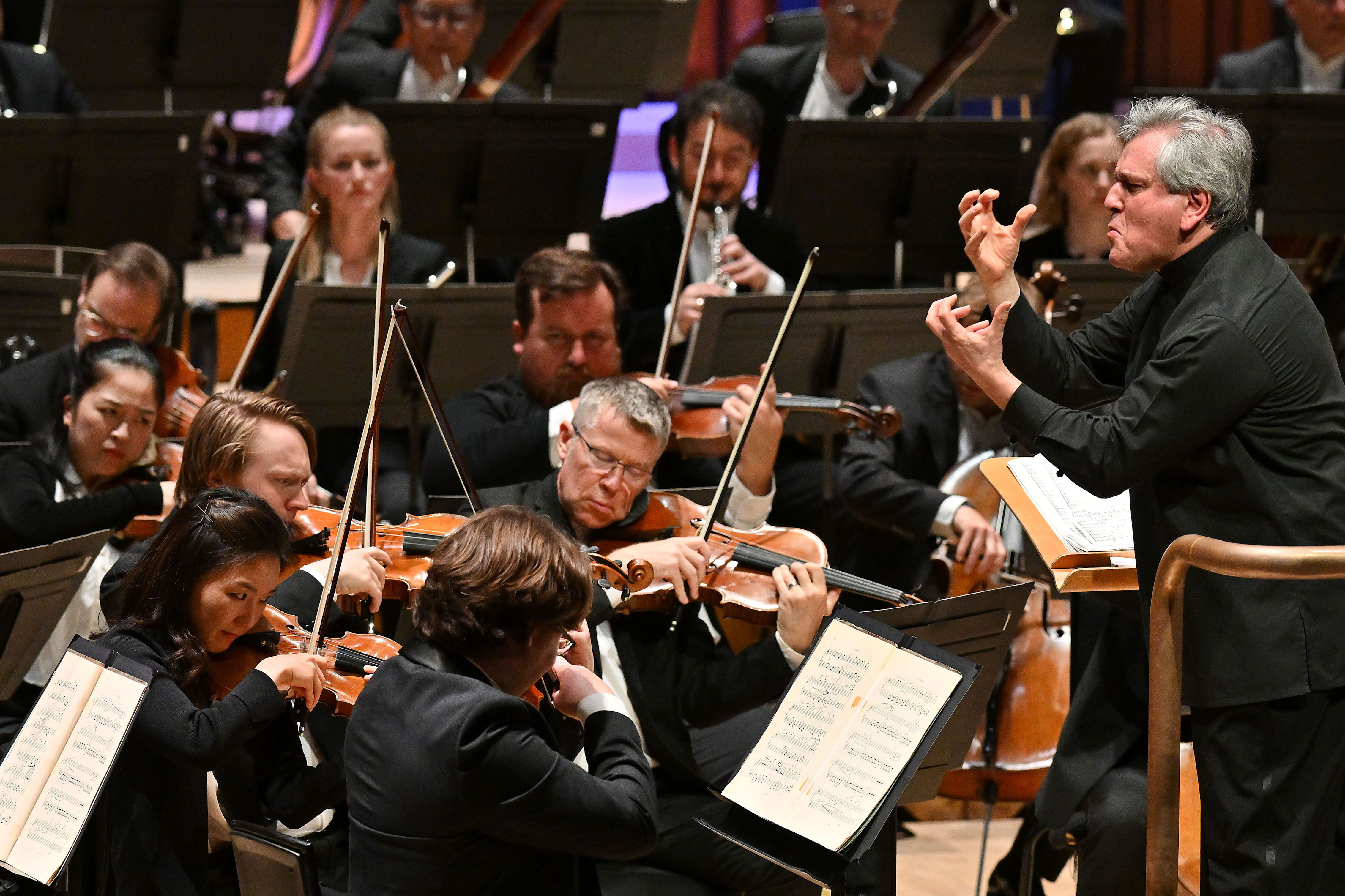
The Berlioz allowed us to hear a range of strongly accented, and finely integrated, orchestral colours, first from horn and clarinet before Maxwell Spiers’s cor anglais unspooled its lovely aria. The LSO strings, with Benjamin Gilmore as leader, struck a vein of robust sweetness that balanced Berlioz’s nods to vernacular melody with a skittish, witty charm. Pappano injected a ferocious drive into the galloping fugue; this carnival, pushed along at a spanking pace, rightly felt as if it teetered on the edge of mayhem.
Yuja Wang receives such regular, and routine, praise for her spectacular virtuosity that it becomes too easy to overlook the delicate art behind the acrobatics. In the Rachmaninov, we heard all the velocity and vivacity you might expect, but also a nerveless precision that somehow made space, and time, amid the most frenzied passages. Wang’s ability to join torrential athleticism with fearsome exactitude still astonishes, even if the pulse and drive of the LSO sound threatened at moments to eclipse even a soloist as stellar as this one. There’s an infectious joyfulness in Wang’s playing that keeps any sense of oxygen-hogging exhibitionism at bay. At the same time, her crisp articulation, even at super-fast speeds, illuminates each harmonic and melodic strand as it weaves across both flying hands.
The soulfully gliding LSO strings – all deep velvet and rich cream – claimed their own spells in the sun. In the andante, Wang found a strain of meditative, time-suspending grace, enhanced by rubato flickers that added a rhythmic frisson to this otherworldly serenade. After this spun-silk reverie, the finale saw her in both mercurial and magisterial moods, debonair rather than strenuously gymnastic. Pappano kept the mood brisk and airy, never ponderous, with honey rather than syrup sweetening the soaring lyricism. 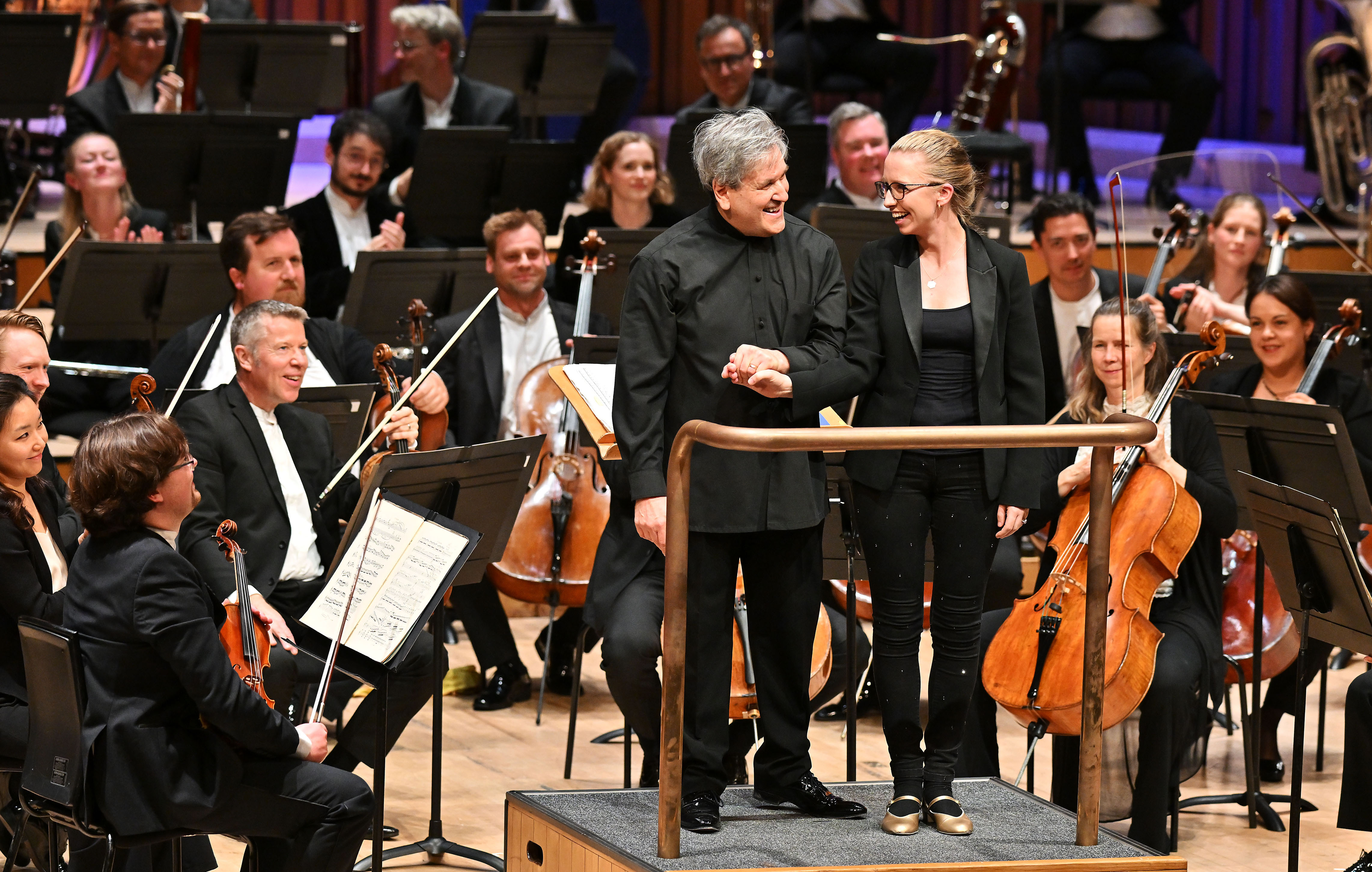
No such worries for her big theme in the final allegro, executed with charismatic dash, although the Barbican acoustic did not really serve the Saint-Saëns sonic theatre particularly well. Still, we could appreciate Elizabeth Burley’s flamboyant piano part, almost as eccentrically memorable as the organ turn itself. Pappano’s hard-driving accelerando pushed us over the line in a piece that, for all its extravagant follies, never ceases to be fun. The LSO let their hair down, and so kept our spirits riotously up.



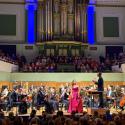
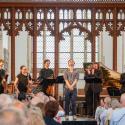
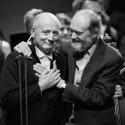
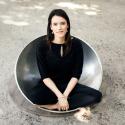


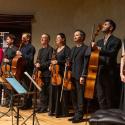

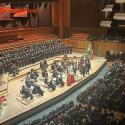

Add comment